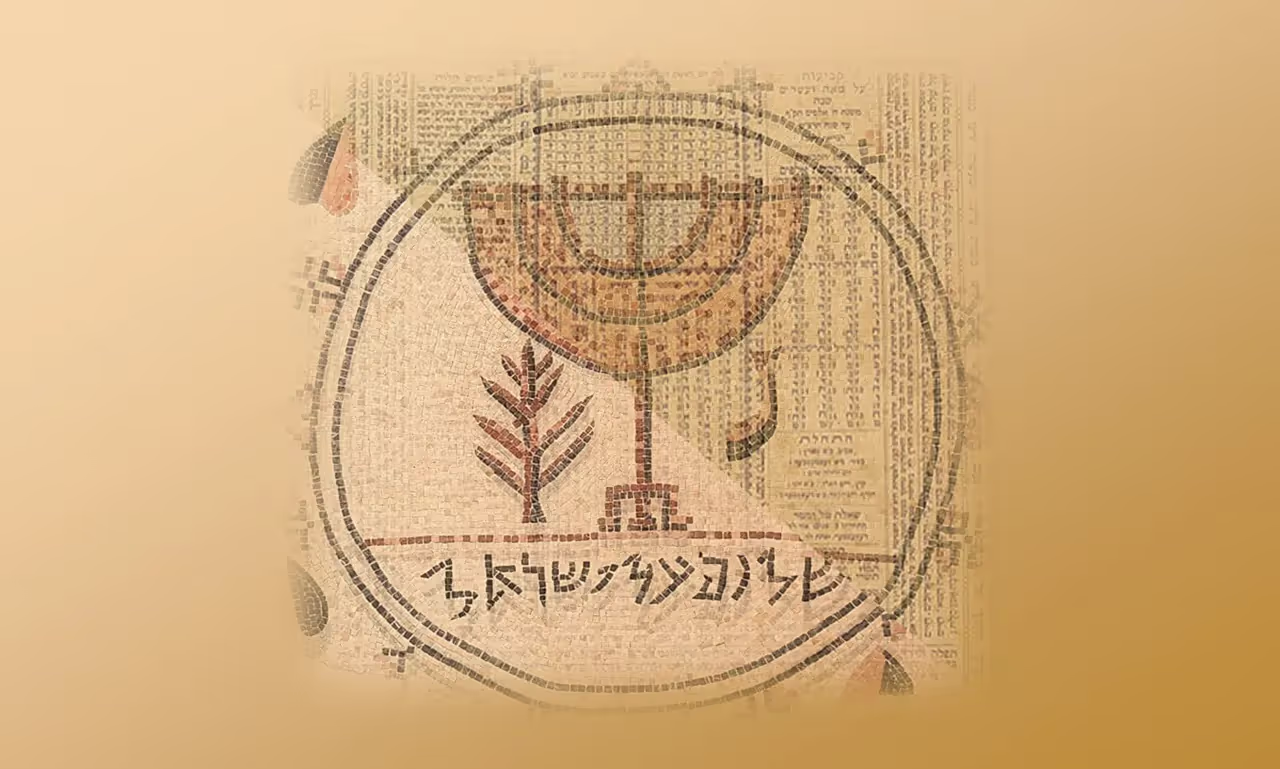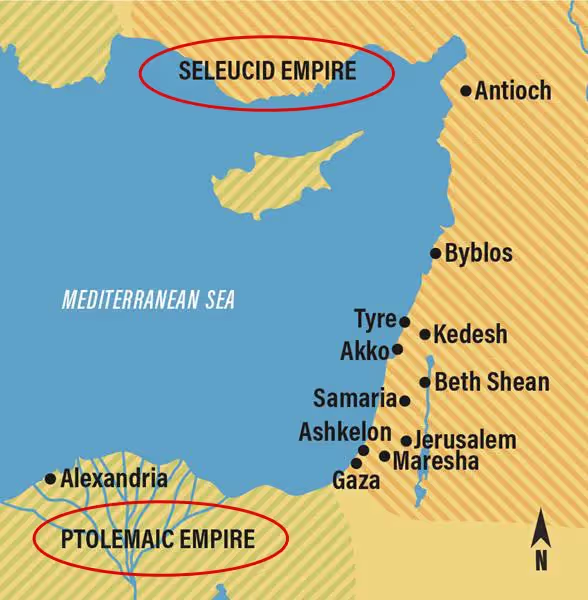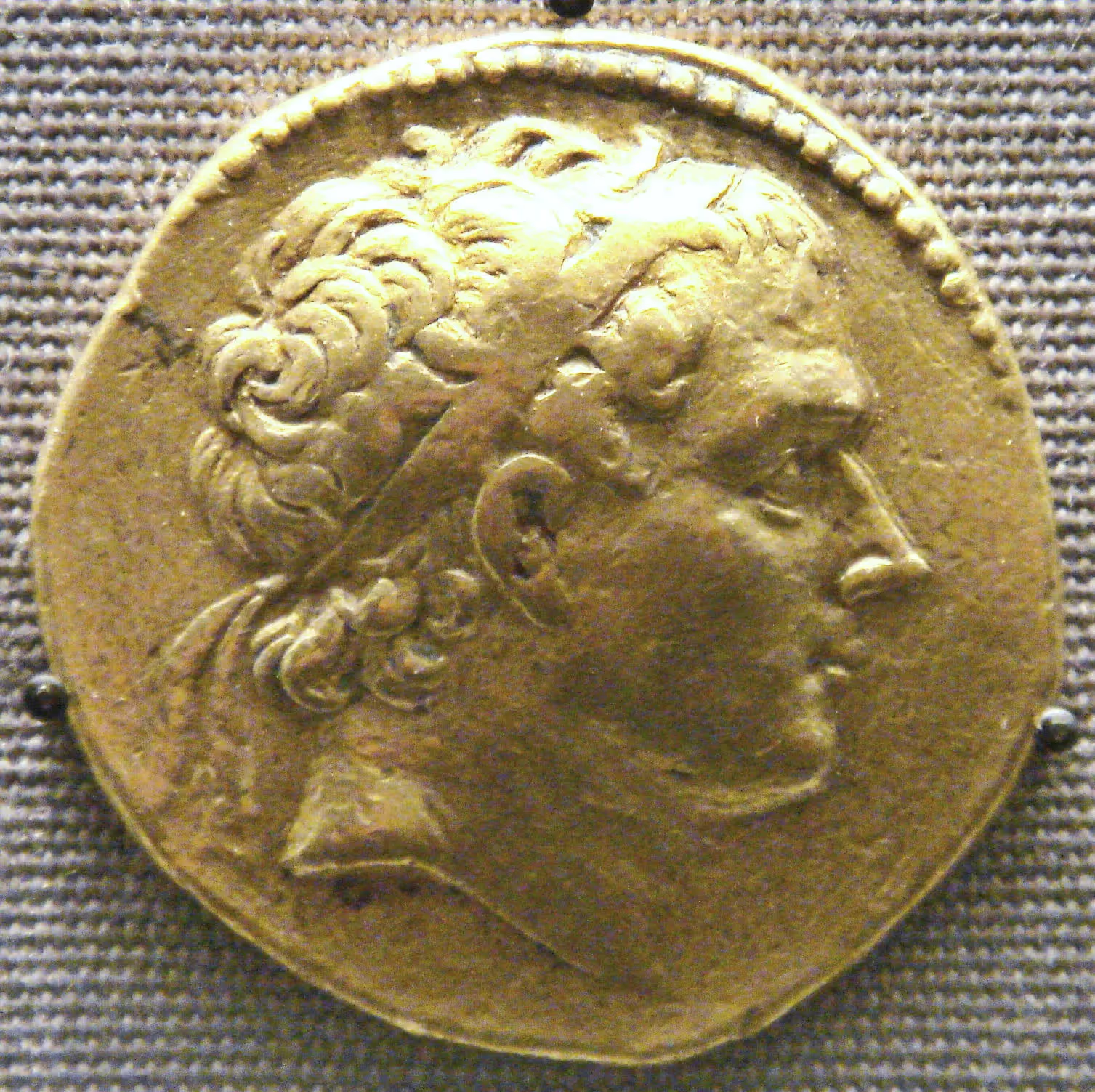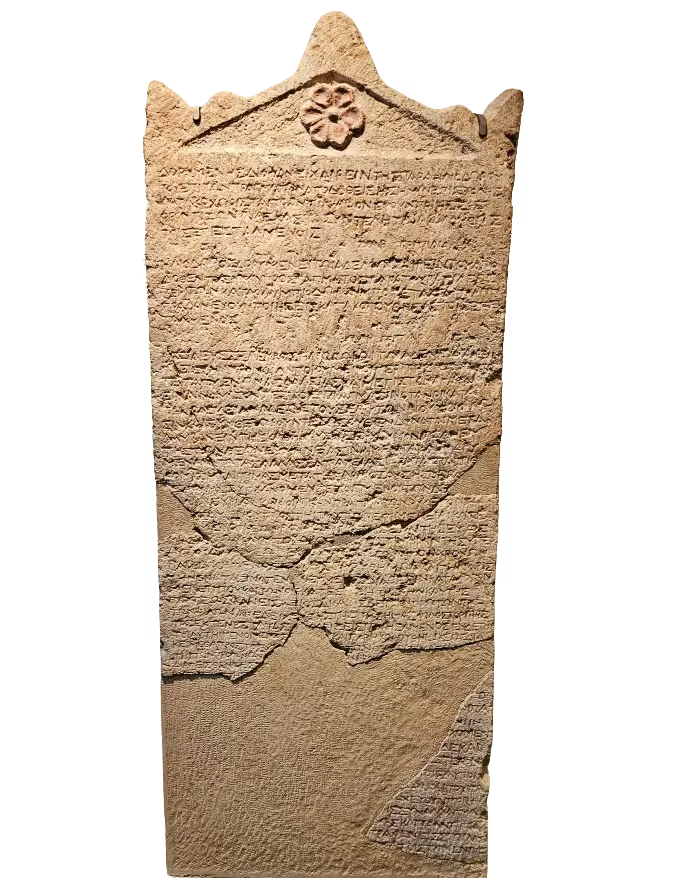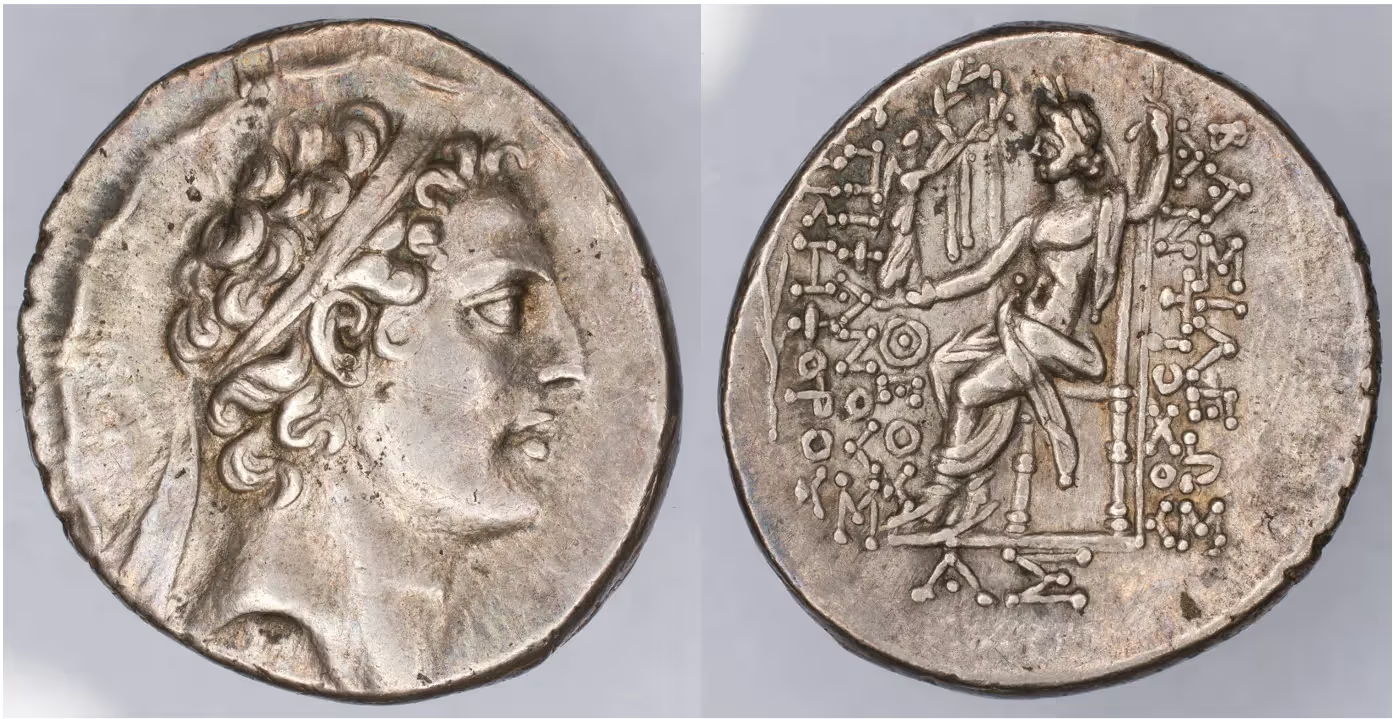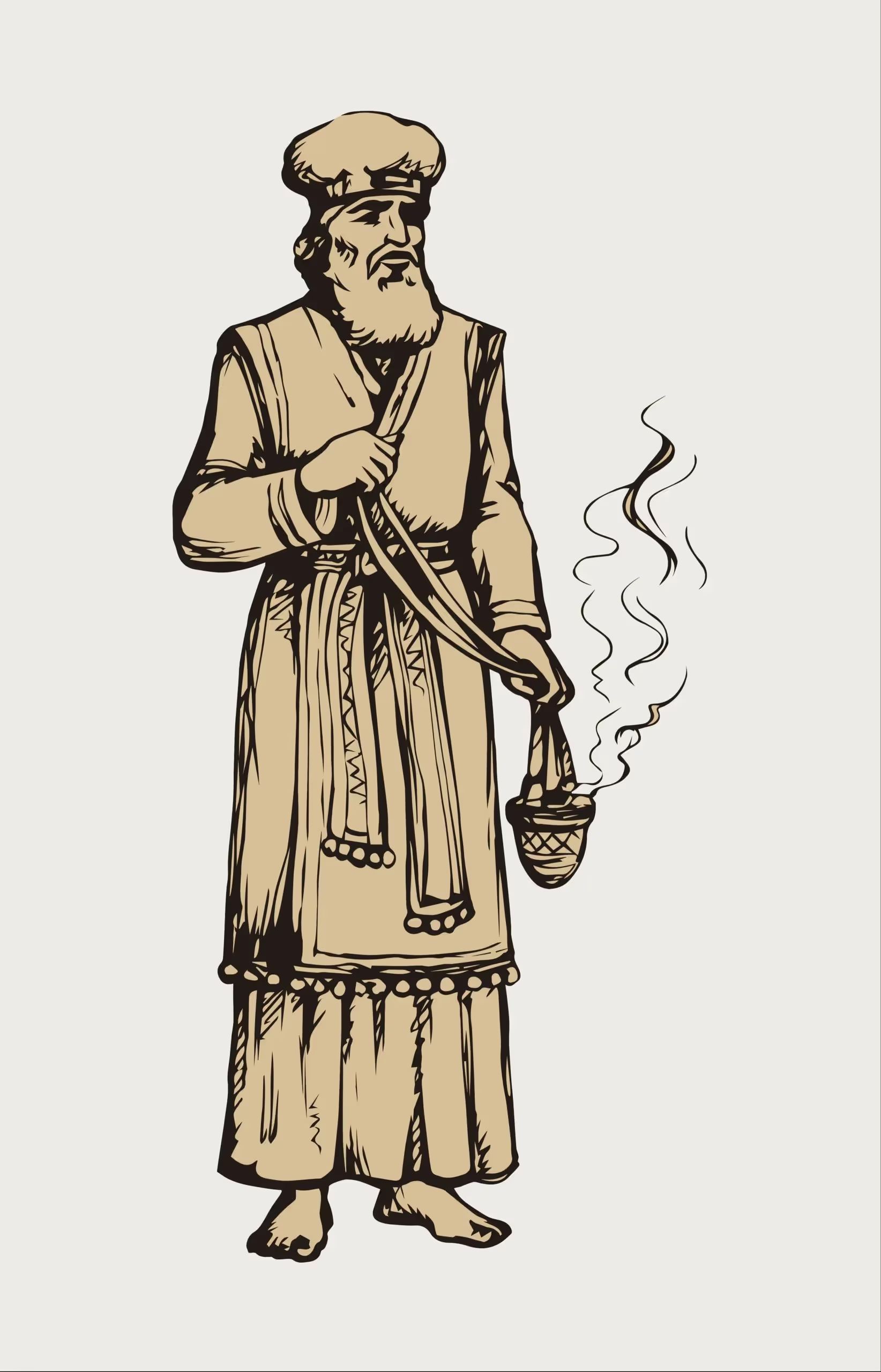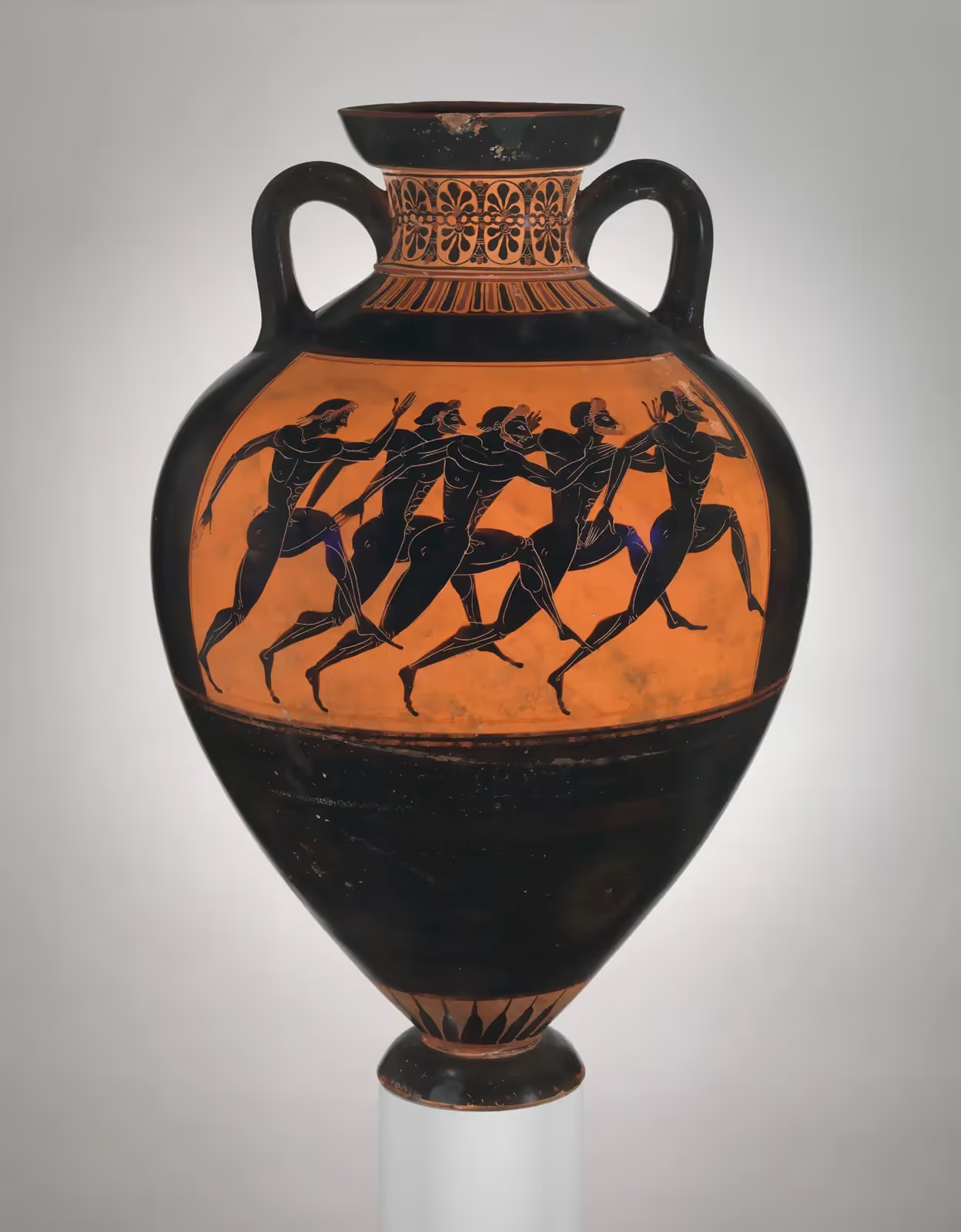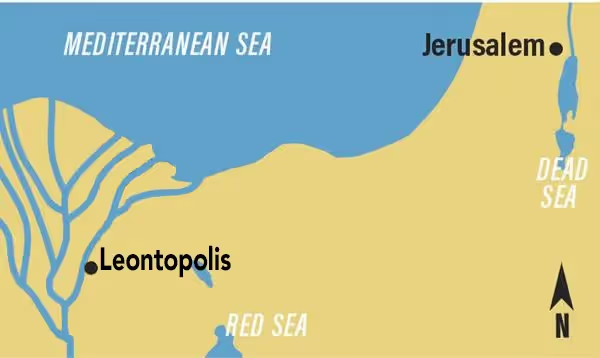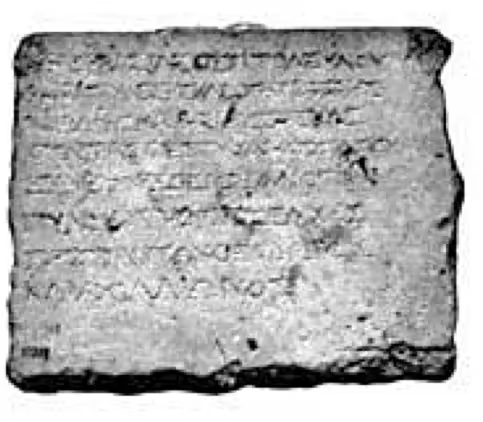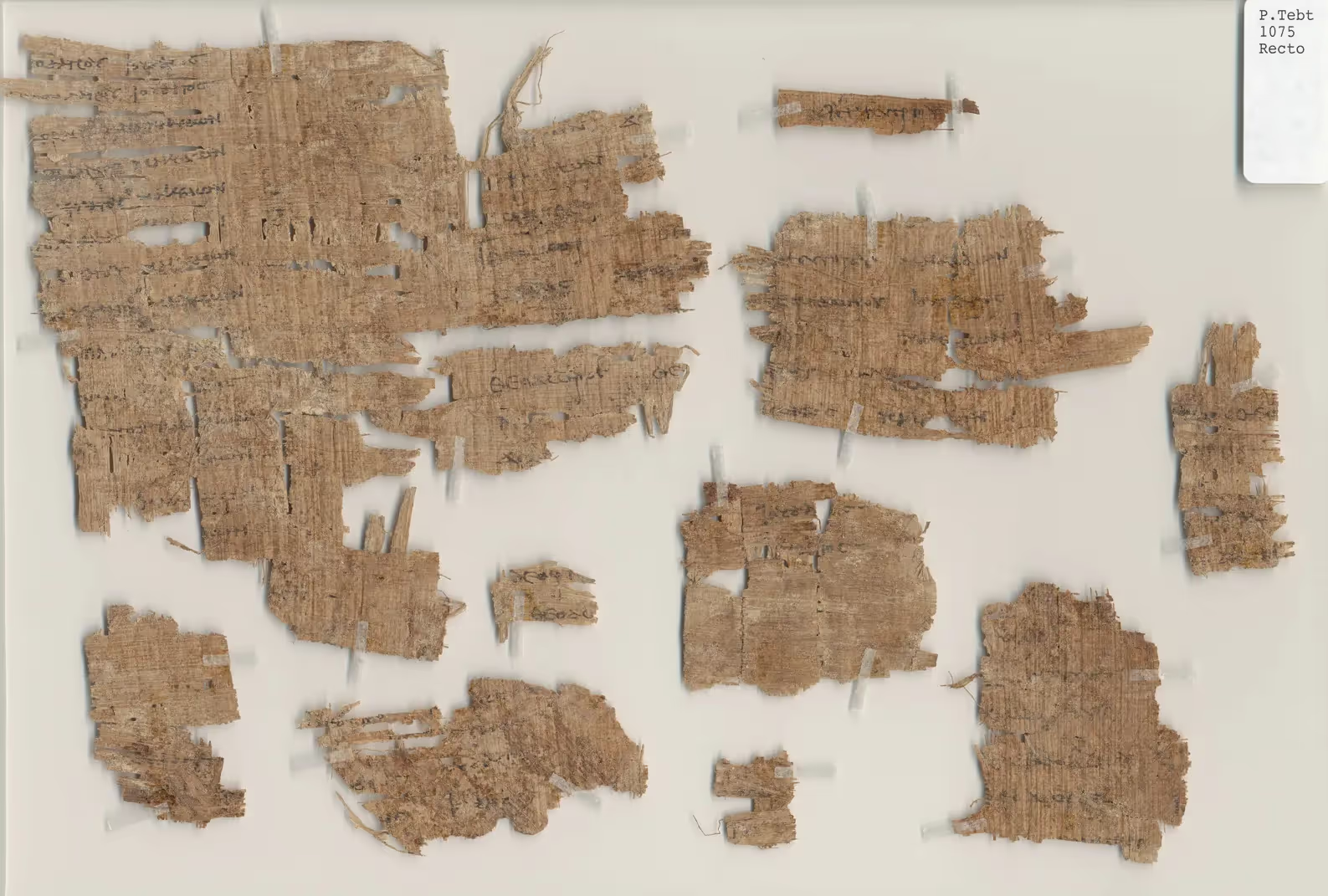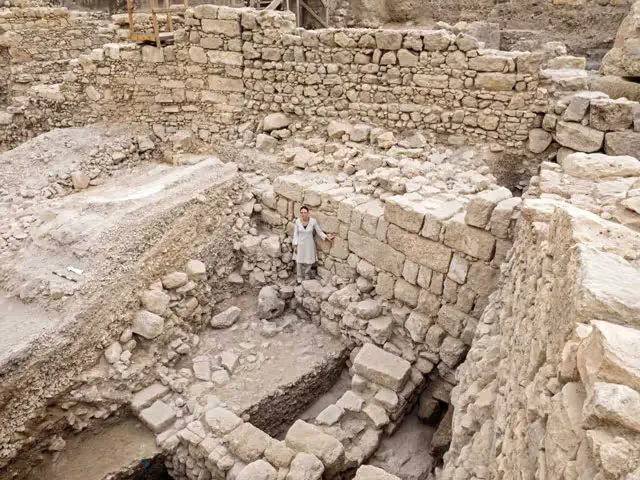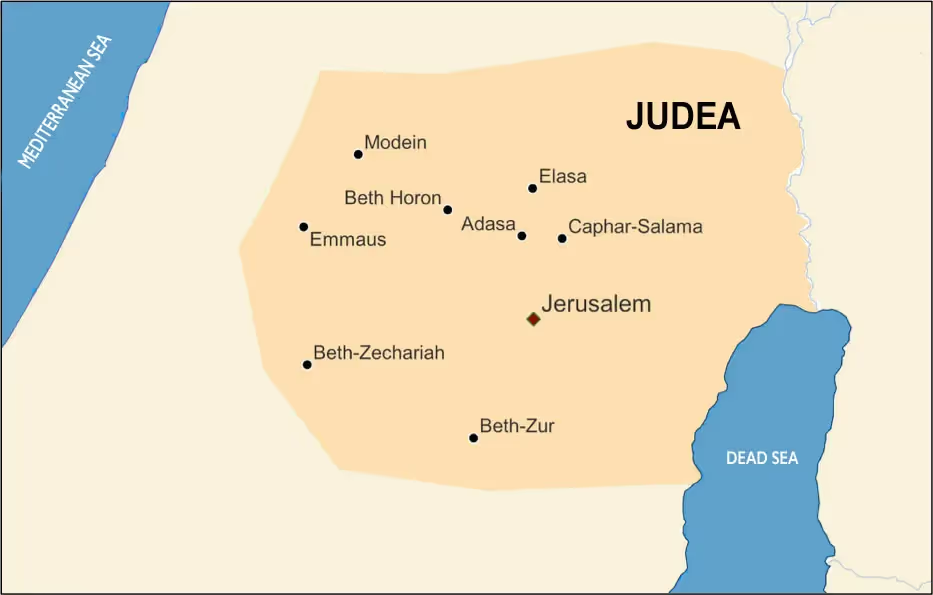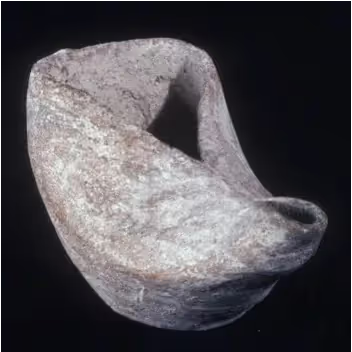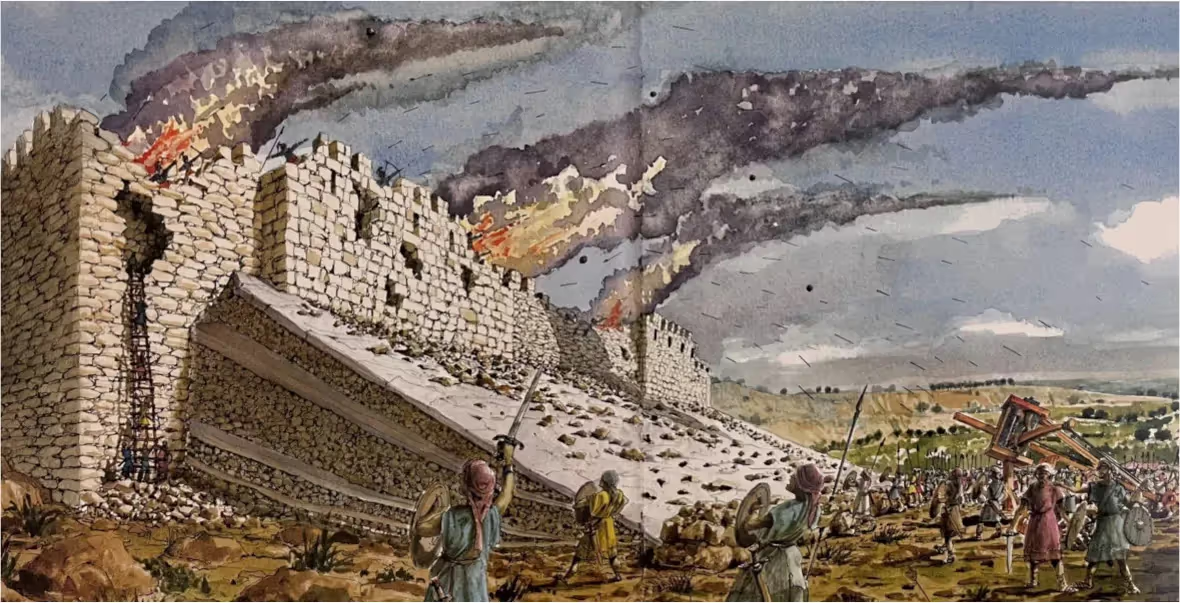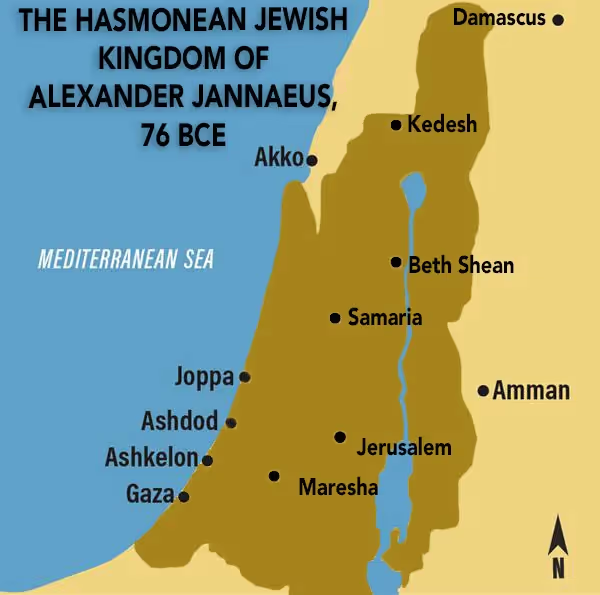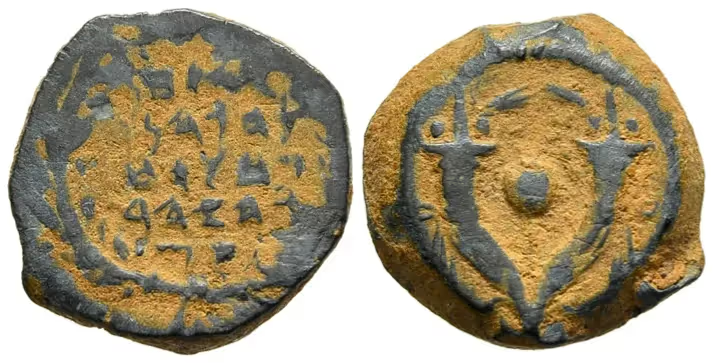Еврейские праздники в эпоху Маккавеев
Как мы узнали, еврейская традиция освящения времени, играющая ключевую роль в еврейской религии, при греках была упразднена. После повторного освящения храма еврейский народ вновь стал отмечать религиозные праздники, как явствует из 2 книги Маккавеев 1:9-11:
«Так что теперь справляйте дни Кущей [т. е. Суккот]…»
Другая памятная дата – день Никанора – отмечается в память убийства Иудой Маккавеем греческого тирана Никанора, который жестоко угнетал евреев. Во Второй книге Маккавеев сказано, что этот день выпадает на 13 адара, то есть день Мардохея – современный пост Эсфири. Это подтверждает, что евреи все еще отмечали Пурим, заповеданный Мардохеем и царицей Эсфирь за 300 лет до того. Пурим отмечается и сегодня.
2 Маккавеев 15:36, 100 г. до н. э.
«Затем все общим голосованием постановили: при любых условиях торжественно отмечать этот день и праздновать его в тринадцатый день двенадцатого месяца (по-сирийски он называется Адар), за один день до Дня Мардохея».
обзор
2 Маккавеев 1:9, 100 г. до н. э.
«Так что теперь справляйте дни Кущей [т. е. Суккот]…» День Никанора отмечается в память убийства Иудой Маккавеем греческого тирана Никанора, который жестоко угнетал евреев.
2 Маккавеев 15:36, 100 г. до н. э.
«Затем все общим голосованием постановили: при любых условиях торжественно отмечать этот день и праздновать его в тринадцатый день двенадцатого месяца (по-сирийски он называется Адар), за один день до Дня Мардохея».
адара названо здесь «днем Мардохея». Теперь мы называем этот день «постом Эсфири». Это подтверждает, что евреи продолжали отмечать Пурим, установленный в Персии Мардохем и царицей Эсфирь в Персии за 300 лет до того. Праздник Пурим отмечается и сегодня.

